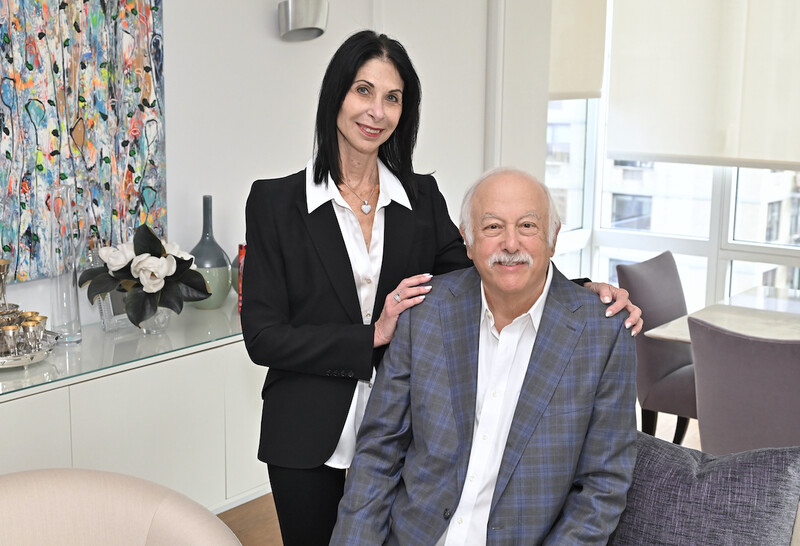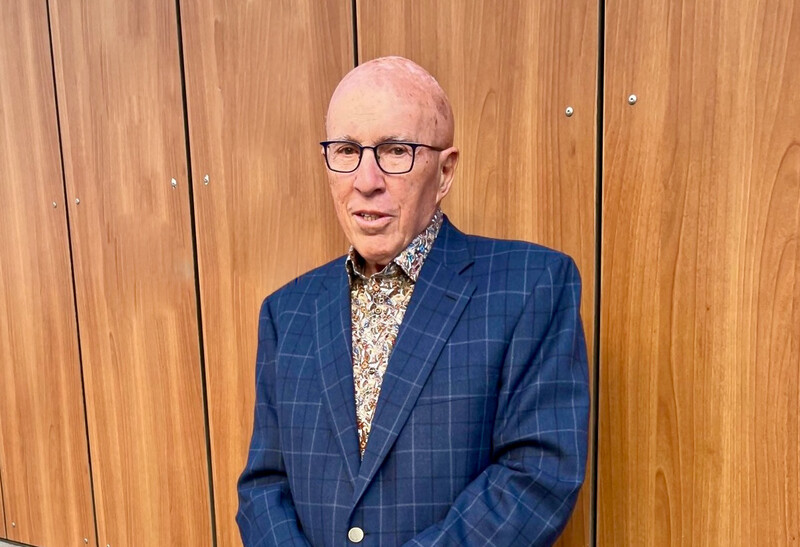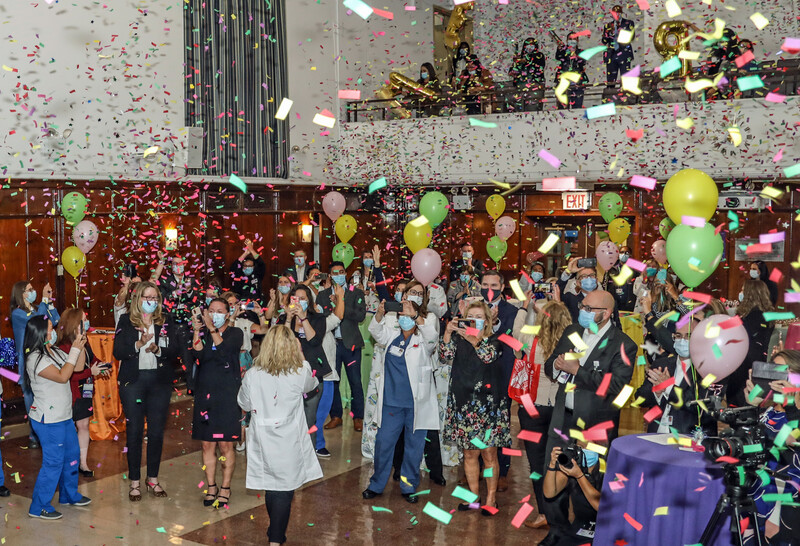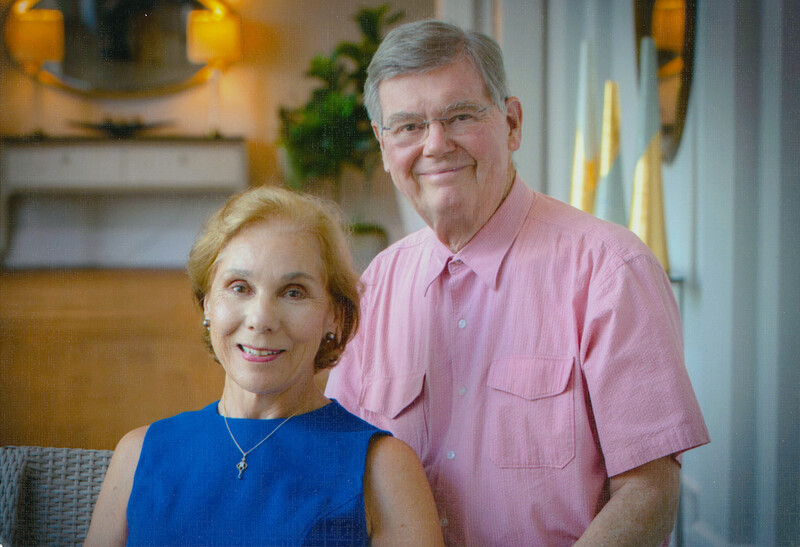“The stressful environment triggered catastrophic thinking and delusions, and I thought people were conspiring against me,” he shares. Paul was hospitalized amid a high-profile political campaign and decided to quit. “The intensity of that experience, going from a promising career to feeling like I had lost my identity, led to thoughts of suicide,” he says.
After college, Paul moved to New York City in 2019 at age 24 for a fresh start. There, he enrolled in a comprehensive program including intensive individual psychotherapy sessions through the Early Treatment Program (ETP) at Lenox Hill Hospital (LHH).
The ETP provides critical intervention and compassionate care for children, adolescents, and young adults with early psychosis. Since its inception in 2016, the program has expanded tremendously and is becoming fully integrated with the child and adolescent psychiatry program at LHH so clinicians can earlier identify those struggling with mental illness. The program will move into a new three-story outpatient center in Manhattan that will expand care in person and through LHH’s pioneering telehealth program.
Filling the gap in care
A recent $1 million bequest from Arlene and Daniel Fisher established an endowment, ensuring the growth of the ETP in perpetuity.
“Philanthropy increases our ability to reach patients and provide access across all areas of mental health care,” says David M. Roane, MD, chair of Psychiatry at Lenox Hill Hospital. “It helps us build awareness of behavioral health and bring psychiatry out of the shadows. I can’t think of a better way to shine a light on mental health than to see philanthropic support for this work.”
Donors like the Fishers, who believe in supporting behavioral health programs, make a lifesaving difference for patients like Paul. “This disease doesn’t discriminate — it can attack anybody,” he says.
The Fishers have supported Northwell for more than three decades, following in the footsteps of Arlene’s late father, Leonard C. Lane, a trustee at Long Island Jewish Medical Center. Their first gift to support behavioral health was made in 2018 to LHH’s Department of Psychiatry and the ETP.




